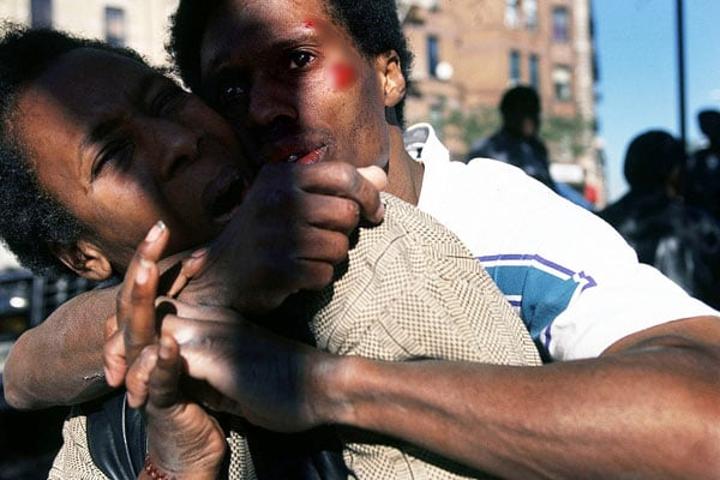Africa-Press – Uganda. The Aga Khan Foundation (AKF) with other partners has launched a Shs3b project to fight gender inequality in the central and West Nile regions.
The Advancing Gender Equality through Civil Societies (AGECS) project aims at ensuring that women get equal opportunities in all spheres of life.
“We are going to work with three civil society organisations in the implementation process. Our interest is to address gender equality issues that affect girls, women, and men from accessing equal opportunities,” Mr Kennedy Chande, the regional project manager, said at the launch in Kampala yesterday.
“Women are still struggling to have access and control over economic resources. This has made them lag behind. Therefore, we are going to address such challenges by providing business skills and financial resources to lift them up economically,” he added.
Other partners include Forum for Women in Democracy (FOWODE), Public Health Ambassadors Uganda (PHAU) and Community Empowerment for Rural Development (CEFORD).
The project will be implemented through the local community Saccos.
Speaking at the same function, the executive director for FOWODE, Ms Patricia Munabi, said the project will also empower women to actively participate in leadership and governance.
“The partnership will enable us to reach more women and address some of the barriers they face due to gender inequality. We are looking forward to boosting their participation in leadership. We will use a number of strategies, including capacity training, community empowerment as well as enabling them to have access and control over resources,” Ms Munabi said.
She added: “We expect women to generate an income that can enable them to address the practical needs in their families and also have some savings to pursue their leadership ambitions.”
The project is jointly funded by Global Affairs Canada and AKF.
Gender inequalities caused by covid
According to the United Nations Sustainable Development Goals Report 2021, up to 10 million girls will be at risk of child marriage over the next decade because of Covid-19. Data from sources such as CARE’s Women Respond initiative, (Rapid Gender Analysis on the impact of Covid 19) shows that Covid-19 has widened and deepened existing systemic inequalities and has had devastating impact across multiple dimensions of women and girls’ lives; from their right to work and learn, to their right to be free from violence.
Women have lost their livelihoods at 1.8 times the rate of men during the pandemic because the majority had to take on additional responsibilities. Women have also been largely absent from decision-making in relation to the pandemic, despite being the majority of frontline health workers.
For More News And Analysis About Uganda Follow Africa-Press






